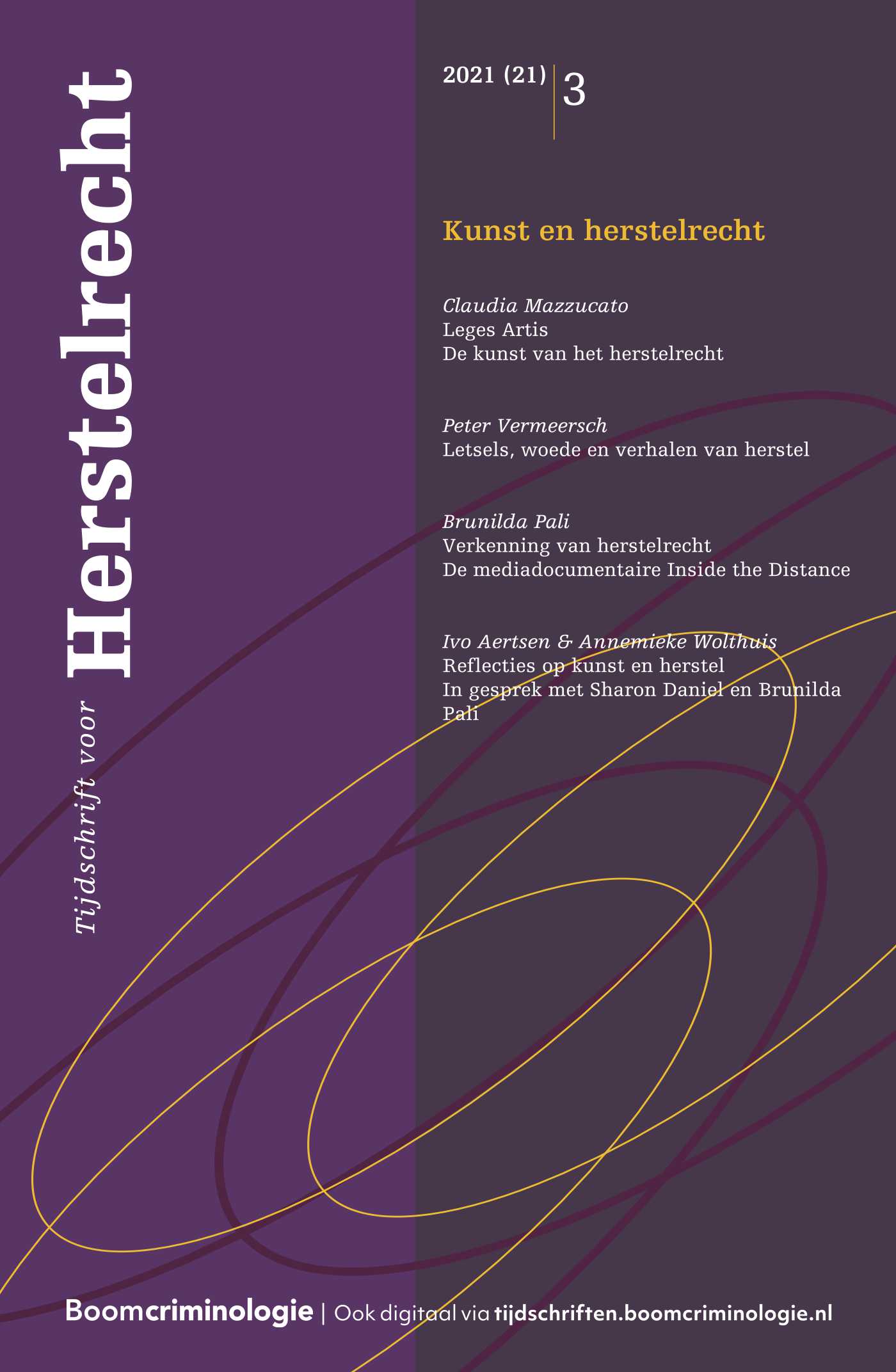|
In this article the author discusses the book Anger and Forgiveness written by the well-known and influential American philosopher Martha Nussbaum. In the opinion of the author Anger and Forgiveness is a provocative and challenging book. In the book, Nussbaum makes a distinction between conditional and unconditional forgiveness, she relates conditional forgiveness to the logic of retribution and she disapproves retribution and, by extension, conditional forgiveness on moral grounds. Her disapproval of retribution and conditional forgiveness is related to her disapproval of (vindictive) anger, which in her opinion is intrinsic part of retribution and conditional forgiveness. According to Nussbaum, anger – transitional anger excluded – has to be replaced by unconditional love; only conduct that stems from unconditional love can be qualified as moral. Sometimes unconditional forgiveness can be seen as a form of unconditional love. Subsequently, Nussbaum applies her ideas on anger, retribution, forgiveness and love to the political domain, to which also criminal law belongs. Nussbaum pleads for a criminal law system empty of anger and retribution; in Nussbaum’s criminal law system there is only room for prevention, grace and human welfare – all stemming of unconditional love. Nussbaum’s Anger and Forgiveness offers an alternative view on concepts such as anger, retribution, forgiveness and love, concepts which are important within the context of criminal law and restorative justice. The author argues that, although the reader can certainly learn from Nussbaum’s ideas as explained in Anger and Forgiveness, the radicality of her ideas inevitably causes criticism; Nussbaum holds a very idealistic perspective that neglects the human condition. Instead of ruling out anger and retribution, the author advocates a criminal law system that is capable of canalizing anger and transforming vindictive anger into transitional anger. Furthermore, he pleads for a criminal law system that makes forgiveness possible without forcing victims to forgive. For that reason restorative justice practices need to be incorporated into the criminal law system. In sum, to a certain extent Nussbaum and Claessen share the same moral ideals, but they disagree on the path leading tot those ideals. Where Nussbaum opts for a top-down approach, Claessen opts for a bottom-up approach which respects the human condition. |


Tijdschrift voor Herstelrecht
Meer op het gebied van Mediation en herstelrecht
Over dit tijdschriftMeld u zich hier aan voor de attendering op dit tijdschrift zodat u direct een mail ontvangt als er een nieuw digitaal nummer is verschenen en u de artikelen online kunt lezen.
| Column |
Vergeving en herstel |
| Auteurs | Geert Corstens |
| Auteursinformatie |
| Column |
Vergeving in de rechtszaal |
| Auteurs | Klaartje Freeke |
| Auteursinformatie |
| Redactioneel |
Vergeving: een veelbetekenend verschijnsel |
| Auteurs | Janny Dierx, Jacques Claessen, Anneke van Hoek e.a. |
| Auteursinformatie |
| Artikel |
|
| Trefwoorden | Vergeving, liefde, woede, vergelding, strafrecht |
| Auteurs | Jacques Claessen |
| SamenvattingAuteursinformatie |
| Artikel |
De gunfactor van herstelrechtClementie, compassie en de zorg om de dader |
| Trefwoorden | Clementie, Vergeving, recht doen, tweede kans |
| Auteurs | Bas van Stokkom |
| SamenvattingAuteursinformatie |
|
This article discusses the willingness of the victim to judge the offender more mildly after the latter apologized for his wrongdoing and shows that he is involved in behavioral change. A large group of victims wants to help (young) perpetrators and offer them a second chance, even victims who have been treated violently. It is argued that these forms of compassion express a caring attitude, the wish that the offender will be rehabilitated and that a change in behaviour is more important than compensation. This attitude can also be referred to as ‘forbearance’, in terms that a less severe sanction is sufficient. This goodwill factor may well be the most important aspect of ‘doing justice’ in restorative meetings. |
| Artikel |
Vergeving en heel worden na afloop van zware geweldsdelicten |
| Trefwoorden | Vergeving, trauma, dialoog, verontschuldiging, vergelding |
| Auteurs | David L. Gustafson |
| SamenvattingAuteursinformatie |
|
In a recent research study entitled Encountering ‘The Other’: Victim Offender Dialogue in Serious Crime the impact and outcomes for victims/survivors of meeting with the prisoner participants who had caused them harm were examined. In the vast majority of those cases, organised within the context of the Victim Offender Mediation Program (VOMP), forgiveness was offered by victims and received by offenders. This research, utilizing a qualitative multiple case study method, examined twenty-five randomly selected cases referred for victim/offender mediation over a 10-year period, in which victims/survivors, following a period of preparation, had participated in at least one day-long dialogue with their offenders facilitated by trained personnel. This article addresses only one of the research questions posited in this study, namely, the ways in which apology and forgiveness played a part in those dialogues and in the experience of the participants following their mutual encounters. It is argued that granting forgiveness can have great power in its effects when experienced by the participants. |
| Artikel |
Van een tralietrotter aan de moeder van de ‘twintigste kaper’Brief aan Aïcha el Wafi |
| Auteurs | Jan De Cock |
| Auteursinformatie |
| Praktijkberichten |
‘Ik ben nu pas boos. En dat bevalt me wel.’ |
| Auteurs | Mieke Wouters |
| Auteursinformatie |

